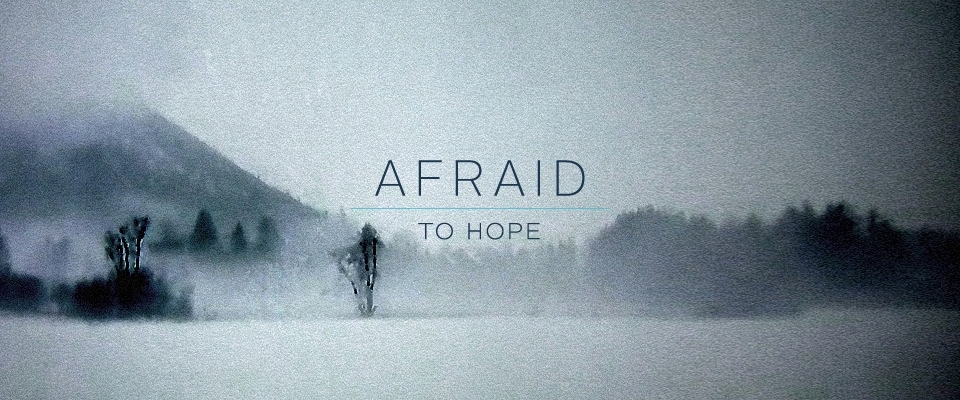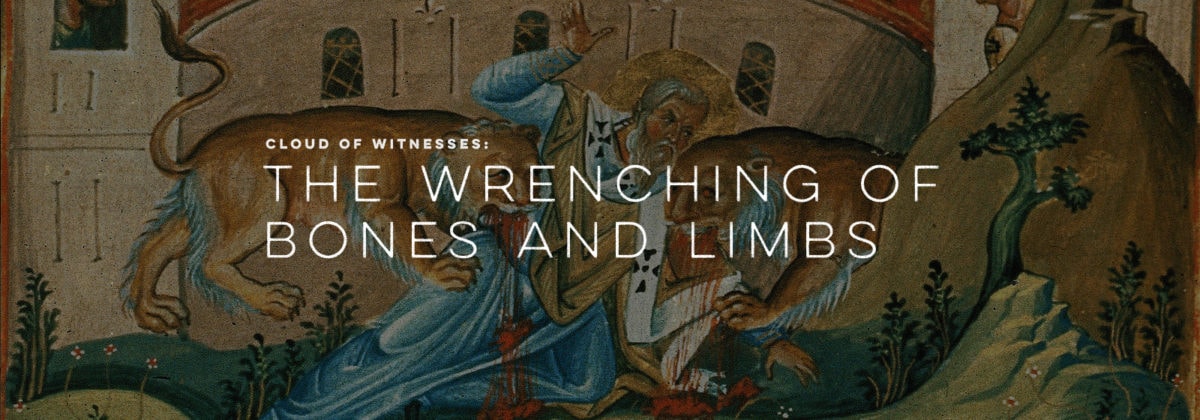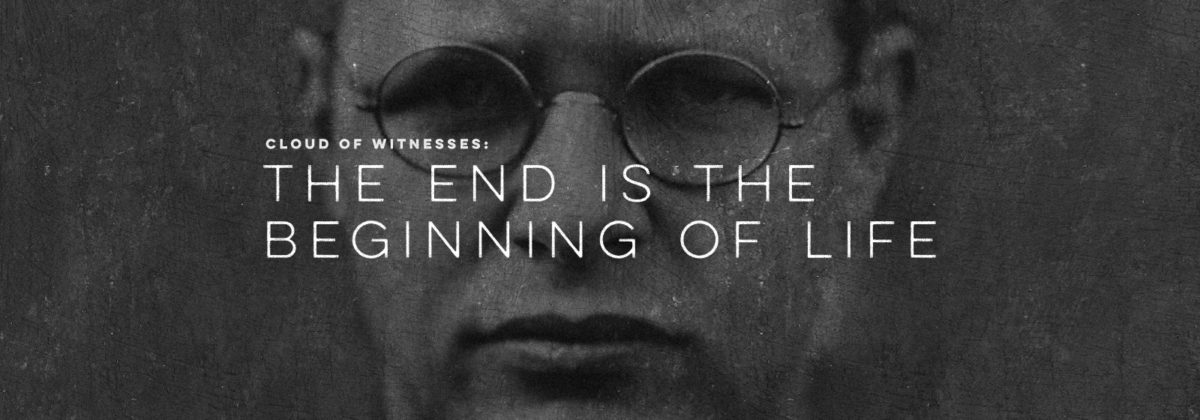Over the last couple of months, I have spent a lot of time on Facebook – perhaps a bit too much time. Normally, my Facebook posts alternate between art and poems that I like, weird nature videos, political articles, and puns. The puns generally predominate. I consider my page like an old-school bulletin board where I thumbtack all the things I find interesting or amusing. While it’s not terribly intimate – I seldom share personal details or life happenings – the sum total of posts says something true about me.
I also like to see what others post. As I am an appalling correspondent (see Julia’s post from last week), I appreciate the opportunity to keep up to date on my friends’ lives with minimal effort on my part. I’m not saying this is ideal; I’m saying that even before the shift in my social media participation, my habits of communication were not terribly interactive.
Thinking about how we communicate, in any medium, is important because we serve a God who is serious about communication. In his book Flickering Pixels: How Technology Shapes Your Faith, Shane Hipps writes that “Christianity is fundamentally a communication event… God wants to communicate with us, and his media are many: angels, burning bushes, stone tablets, scrolls, donkeys, prophets, mighty voices, still whispers and shapes traced in the dirt. Any serious study of God is a study of communication, and any effort to understand God is shaped by our understanding – or misunderstanding – of the media and technology we use to communicate.”
We are all familiar with the many critiques of Facebook, which range from “hey, we might want to think about this” to “this is the end of all critical thought and human relationship.” In my own interaction with Facebook, I’ve found two communication issues that I need to consider.
Firstly, Facebook allows me to craft an image which is not entirely authentic and often provides fodder for envy as I consume the glossy images I see of others.
In a recent study, a large percentage of people were actually less happy after spending time on Facebook. You’d think it would be the opposite, but our curiosity about the lives of our friends can actually make us less content. This is largely a result of the type of information that people tend to post. Many of us post the picture-perfect view of ourselves standing in front of that snow-laden tree, flakes gently drifting down, toque perfectly placed and smile glowing. We might not post what we looked like five minutes earlier, when we slipped on the sidewalk that no one had cleared and landed flat on our backs, where we lay, gaping like a fish and blushing. And yet, our lives are not made up of only lovely events, or even slightly charming self-deprecating comments. For every perfect selfie is a contrasting moment when we’ve fallen on our posterior.
For those of us who are a little less personal on our Facebook feeds, being authentic requires a different sort of humility. Sure, I may have really enjoyed the production of Macbeth I saw a few weeks ago (it was awesome), but I also sat at home on my couch and re-watched an entire two seasons of Bones. For every thoughtful Flannery O’Conner quote, I could report on the cheesy romance novel I just thoroughly enjoyed. What if I wasn’t actually concerned with crafting the bulletin board I wished thoroughly described me, and instead, shared a larger representation of my reality? What if my authenticity in some small measure encouraged people to be more comfortable expressing their own interests and peccadillos?
But like our fellowship and friendship in the flesh, an incarnational presence in a cyberspace requires us to be thoughtful and intentional.
In the end, however, we are the ones who create our own Facebook experiences. In the non-virtual friendships that feed us, we strive to share our actual lives, not the glossy curated version. We interact with and care for people instead of just observing them. If this is possible in the physical world, it is possible in the digital. But like our fellowship and friendship in the flesh, an incarnational presence in a cyberspace requires us to be thoughtful and intentional.
Secondly, Facebook has provided me with a large group of people who are angry about the same things as I am, which has made me less willing to hear other perspectives.
So lately I’ve been pouring over my feed; not in an attempt to share a bit of myself or passively check up on my acquaintances, but like the driver who can’t help slowing down to gawk at the accident at the side of the road. Instead of steering clear of those stories that I know will get my heart rate up, I have been avidly seeking out articles whose content will feed my wrath or disbelief. Not only this, but I will actively choose to read the comments. Why do I do this? Facebook has become a place for me to consume instead of communicate. And the more I consume, the more bitterness and cynicism creeps into my heart.
How do I change my habits here? In Ephesians, Paul exhorts us “to be renewed in the spirit of your minds, and to put on the new self, created after the likeness of God in true righteousness and holiness… Let all bitterness and wrath and anger and clamour and slander be put away from you, along with all malice. Be kind to one another, tenderhearted, forgiving one another, as God in Christ forgave you.”
Consider what Facebook would look like if we refused to pass along misrepresentations, if we checked the truthfulness of commentary before we shared it, if we prized kindness and tenderness over the malicious pleasure at being publically right at someone else’s expense. What if we exchanged bitterness and anger for the pursuit of a righteousness that is also full of grace?
I had planned to give up Facebook for Lent – and sometimes absence is the best way to restart a habit that has gone off the rails. This year, however, I am going to try to be a IRL friend to my Facebook friends, both tangibly and virtually. I will try harder to lift up and encourage. I’m going to strive to share actual concerns and look for real responses, not just interact with people to feed my fears or stroke the fire of my anger. The Internet may connect us with wires and cables and waves, but Christ is present there as well, reaching out to our polarised digital world and binding relationships together with his love and grace.




